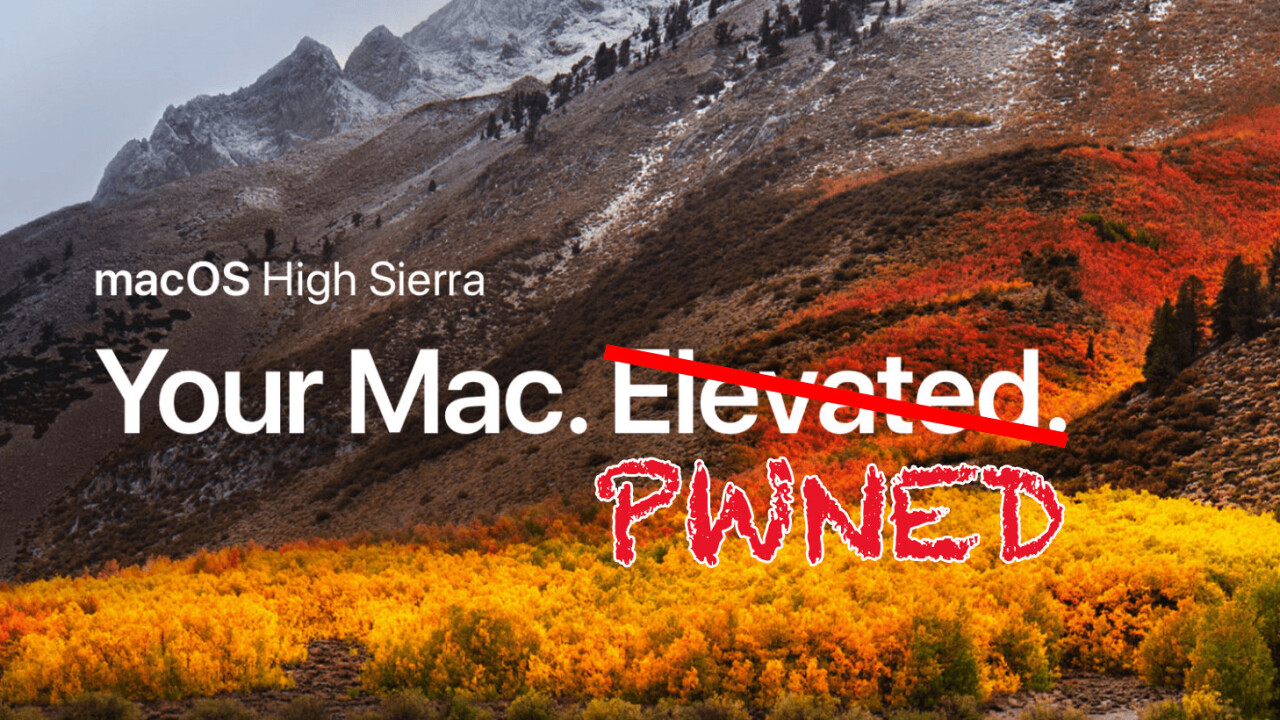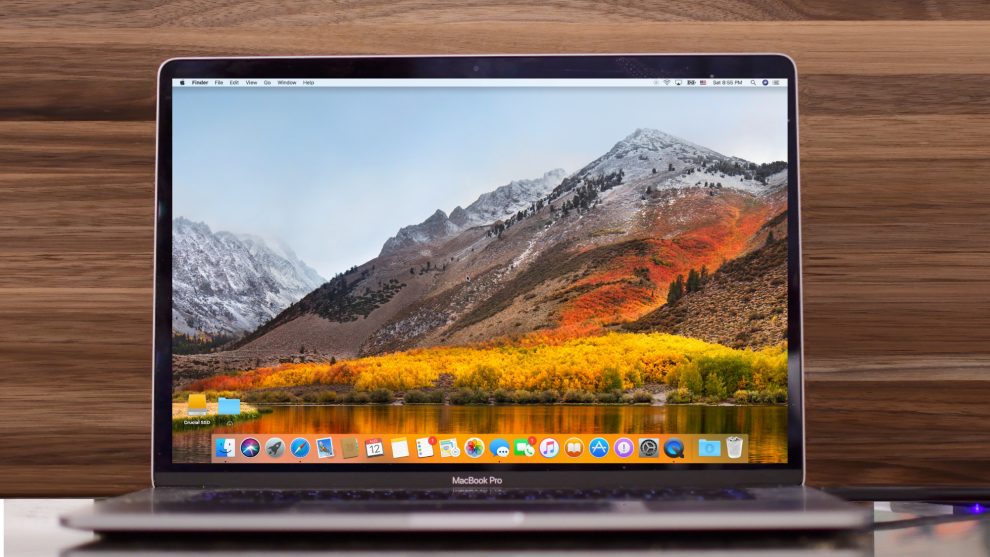macOS High Sierra, released in September 2017, introduced significant improvements and new features to the macOS operating system. While generally stable, macOS High Sierra encountered some bugs and issues that required attention. This comprehensive guide will explore the major bug fixes implemented by Apple to address these problems and improve the overall user experience.

Performance and Stability
- Improved App Launch Times: Apple addressed issues that caused apps to launch slowly, resulting in a more responsive user experience.
- Enhanced System Stability: Numerous stability fixes were implemented to reduce crashes and improve overall system reliability.
- Optimized Graphics Performance: Graphics performance was improved, especially for games and demanding applications.
Security Fixes
- Vulnerability Patches: Apple released multiple security updates to address vulnerabilities that could be exploited by malicious actors.
- Kernel Security Enhancements: The macOS kernel received security updates to protect against potential threats.
- Gatekeeper Improvements: Gatekeeper, Apple’s built-in security feature, was further refined to prevent the execution of unauthorized software.
File System Issues
- APFS Bug Fixes: The Apple File System (APFS), introduced in macOS High Sierra, received bug fixes to improve its reliability and performance.
- File Corruption Issues: Issues related to file corruption and data loss were addressed to ensure data integrity.
App Compatibility
- Third-Party App Updates: Many third-party app developers released updates to ensure compatibility with macOS High Sierra and address any known issues.
- Apple App Updates: Apple also released updates for its own apps to improve compatibility and performance.
Audio and Video Issues
- Audio Output Problems: Issues related to audio output, such as distorted sound or no sound, were addressed in macOS High Sierra updates.
- Video Playback Issues: Problems with video playback, including stuttering or pixelation, were resolved through software updates.
Bluetooth and Wi-Fi Issues
- Bluetooth Connectivity: Improvements were made to Bluetooth connectivity, addressing issues such as intermittent connections or device pairing problems.
- Wi-Fi Performance: Wi-Fi performance was optimized to improve connection reliability and speed.
Other Bug Fixes
- Finder Issues: Bugs related to Finder, including issues with search, sorting, and file operations, were addressed.
- Mail Issues: Mail app bugs, such as crashes or syncing problems, were fixed.
- Messages Issues: Issues related to the Messages app, including group chat problems and attachment failures, were resolved.
How to Update to the Latest macOS High Sierra
- Check for Updates: Open the App Store and click on the “Updates” tab.
- Download and Install: If macOS High Sierra updates are available, download and install them.
- Restart Your Mac: After the update is complete, restart your Mac to apply the changes.

Conclusion
macOS High Sierra received numerous bug fixes and improvements throughout its lifespan. These updates addressed various issues, enhancing performance, stability, and overall user experience. By keeping your macOS installation up-to-date with the latest patches, you can ensure that your system is running at its best.
















Add Comment